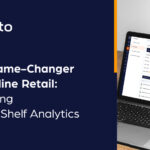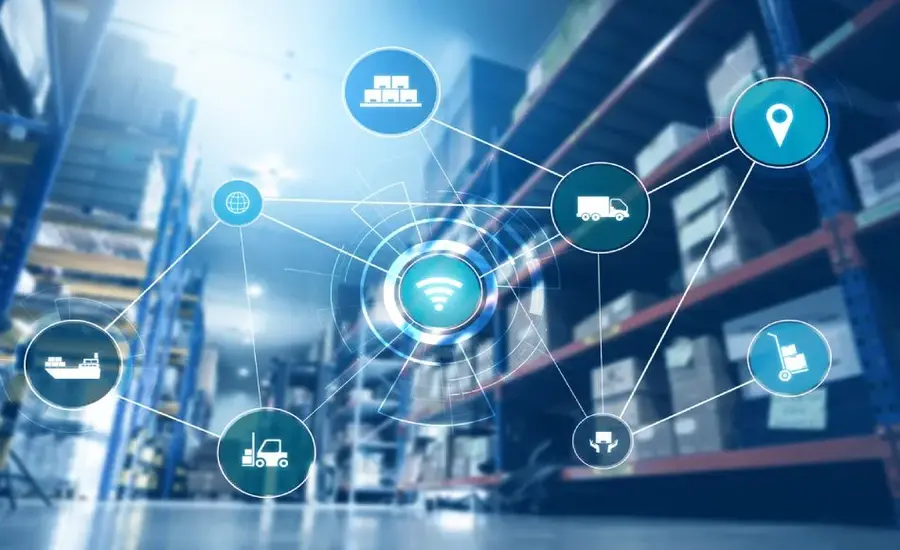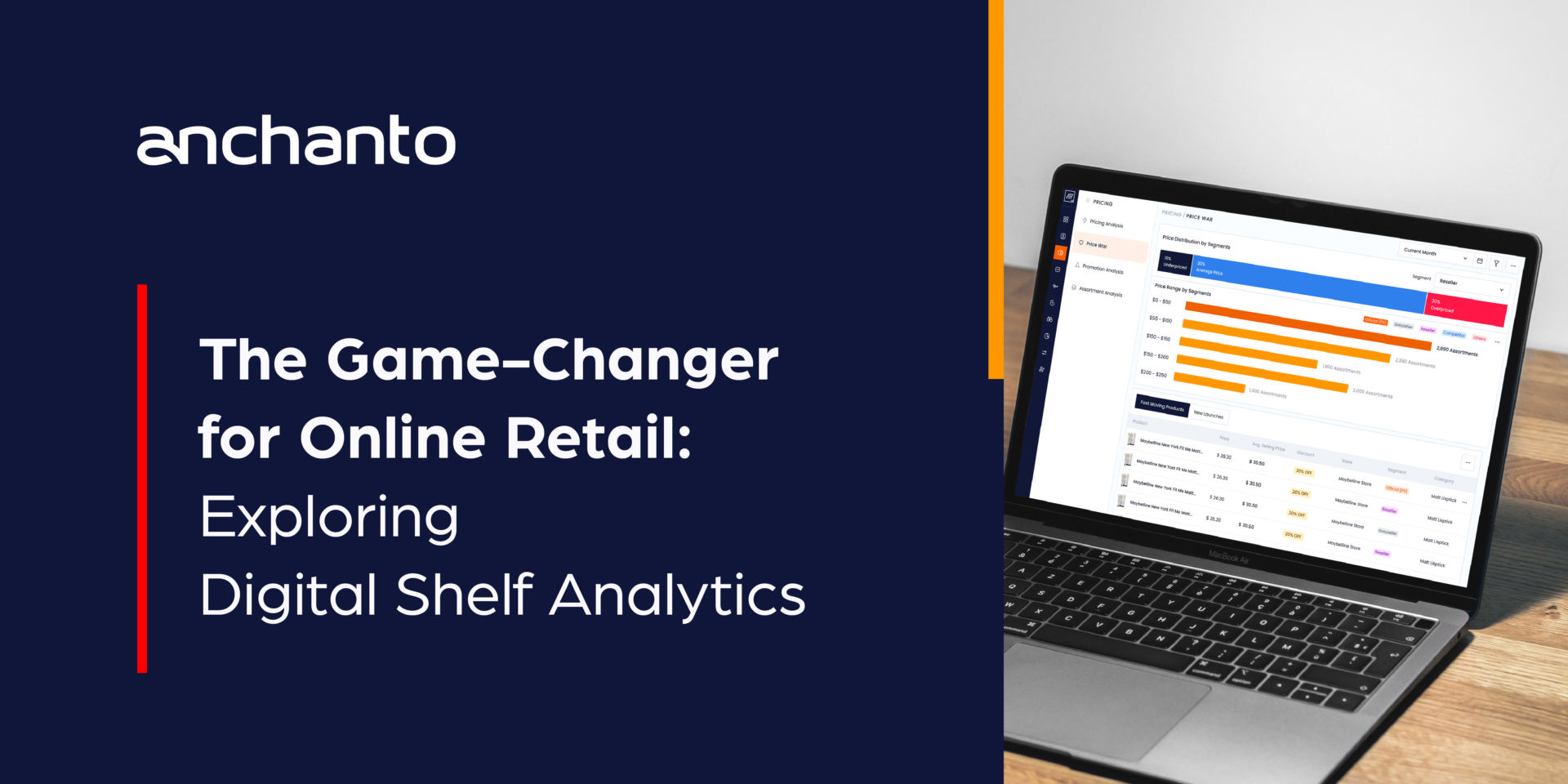Efficient supply chain management is the key to fulfilling orders in a timely manner and ensuring customer satisfaction. It involves multiple processes, such as purchasing, logistics, operations, and resource management. Manually managing it can be challenging, as you have to spend a lot of time on repetitive tasks.
Therefore you should leverage AI for supply chain automation. It will streamline the workflow and ensure smooth operations. Now, the main point is how AI is reshaping supply chain automation. Don’t worry! We are here to answer all your queries. In this post, we will tell you everything you need to know about the role of supply chain automation.
The Role of AI in Supply Chain Automation
AI offers data-driven insights, predictive capabilities, and process efficiencies to manage supply chains efficiently. It makes your supply chain more agile via machine learning, natural language processing, and robotic process automation. It allows you to analyze data and predict future trends to make informed decisions. This means you no longer need to rely on human intervention for every decision. It enables you to take proactive steps to deal with fluctuations in demand, delays, and supply chain disruptions.
Key Benefits of AI in Supply Chain Automation
The following are some top-listed benefits you can get by using AI for supply chain automation.
Enhanced Forecasting Accuracy
AI offers advanced predictive analytics, which combines historical data, market conditions, and external factors to predict future demand. This accurate forecasting reduces stockouts, minimizes overstocking, and optimizes inventory. All these things lead to lower holding costs and higher customer satisfaction.
Improved Demand Planning
AI-powered demand planning accounts for complex factors like seasonal trends and customer preferences. It gives you a detailed image of demand patterns that is backed by data. It allows you to better manage production schedules and supplier relationships.
Real-Time Tracking and Monitoring
With AI, you can track products throughout the supply chain in real time. IoT sensors provide insights into product conditions, estimated arrival times, and delays. This level of visibility minimizes disruptions and helps you make quicker adjustments to mitigate risks.
Automated Inventory Management
AI-based systems enable automated inventory management by using data from demand forecasting and logistics. It ultimately reduces manual tracking, optimizes storage, and minimizes wastage. It can also promote automated reordering to maintain optimal stock levels.
Optimized Route Planning
AI optimizes route planning by analyzing multiple variables, including traffic patterns, weather, fuel costs, and delivery urgency. This planning ensures faster deliveries and reduced fuel consumption. As a result, overall transportation costs will be reduced. It also contributes to an eco-friendly supply chain and a more satisfied customer base.
Enhanced Supplier Management
Supplier relationships are critical in any supply chain. AI can help you monitor supplier performance, quality control issues, and delivery times. This supplier data analysis enables you to identify reliable suppliers and develop more collaborative relationships with them.
AI Applications in Supply Chain Automation
The following are some primary applications of AI in supply chain automation.
- You can use AI to monitor equipment and predict when it might fail. It will ultimately reduce the risk of unexpected downtimes.
- You can leverage AI and robotics to automate and streamline warehouse operations, which is the backbone of any supply chain.
- AI chatbots provide instant customer support, addressing questions on delivery status, returns, and product availability.
- You can use AI-powered image recognition to streamline quality control processes. AI systems can detect flaws or inconsistencies that might go unnoticed by human inspectors.
- AI algorithms can analyze supply chain data to identify potential risks, such as supplier inconsistencies or cyber threats.
Challenges in Using AI for Supply Chain Automation
The following are some common challenges you may face when using AI for supply chain automation.
- Implementing AI solutions can be costly due to the expenses of acquiring the technology, setting up the necessary infrastructure, and training staff.
- AI relies heavily on data which can raise concerns about data privacy and security.
- The demand for AI specialists is high, which can make it difficult for companies to find and retain the expertise.
Now, you are all set to leverage AI for supply chain automation. Make sure you have skilled AI and data specialists who can handle this job with perfection.










